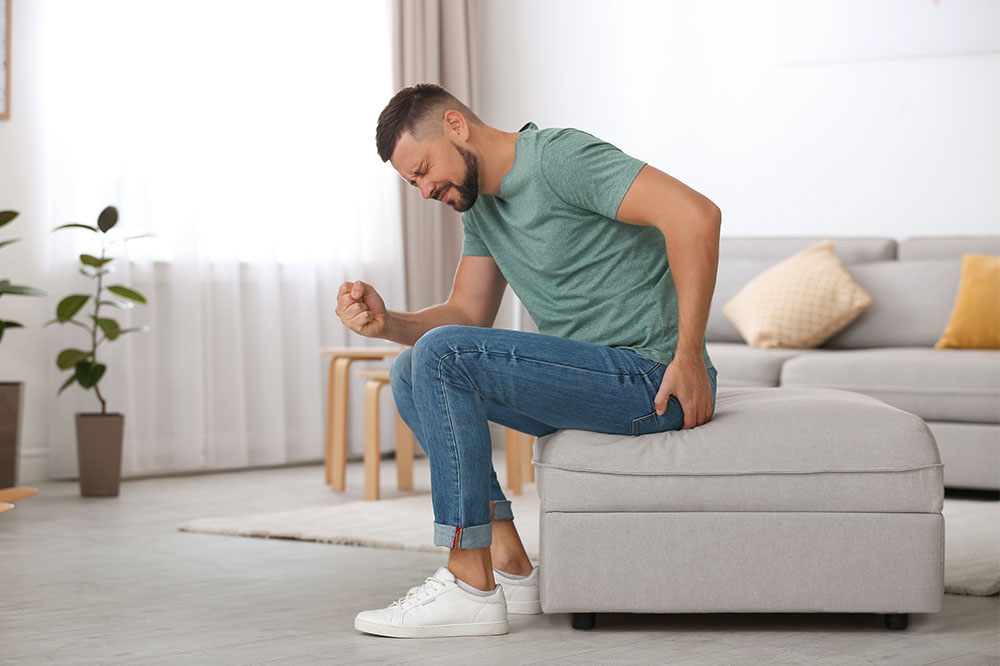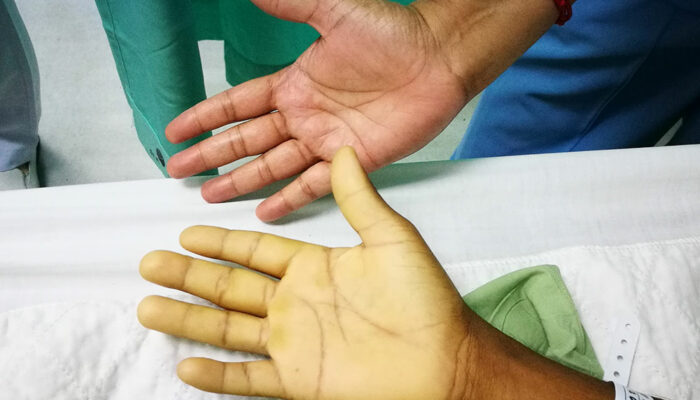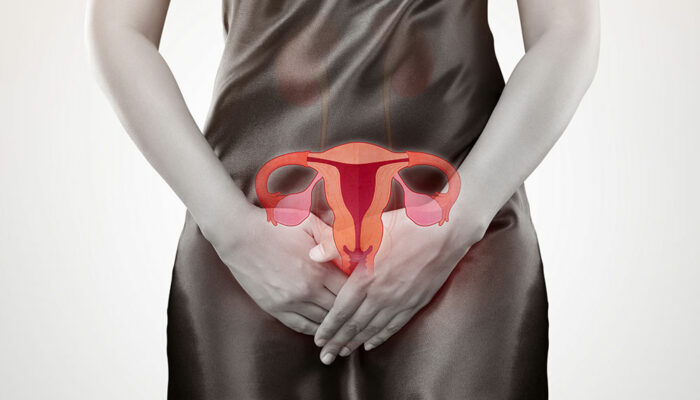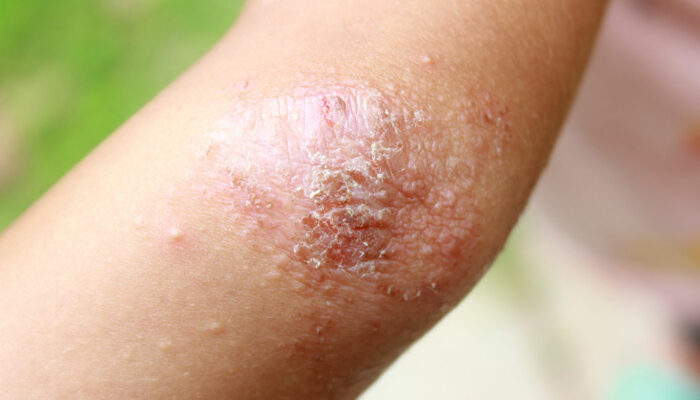
9 Causes of Hemorrhoids
Hemorrhoids are commonly known as piles, and it’s characterized with swollen veins at the end of the rectum. There can be both internal as well as external hemorrhoids, and both are associated with discomforting symptoms. It can be extremely painful at later stages, so it’s imperative to get it addressed at its early stages. This article puts some light on the main causes of hemorrhoids.
What are hemorrhoids?
They are swollen veins that belong to the lower part of the rectum. The inflammation and stretching of those blood vessel walls can irritate the veins and cause them to swell. There are many factors that contribute to hemorrhoids, and the same are listed below.
1. Chronic constipation
When one has to put pressure on their bowels, they can unknowingly strain the blood vessels in the rectum. Frequent constipation can eventually cause hemorrhoids. The strain caused on the veins is also responsible for blood in the stool.
2. Diarrhea
Frequent trips to the bathroom can irritate the walls in the rectum, causing inflammation of the veins.
3. Pregnancy
The uterus weight could easily put pressure on the veins, causing them to swell and put the woman at more risk of developing hemorrhoids.
4. Being seated for long periods of time
Sitting in one position and not getting enough movement can lead to piles. That part of the body also needs to breathe, and sitting in one place can lead to the accumulation of moisture and heat.
5. Anal intercourse
This can put added pressure on the walls of the rectum, causing inflammation and swelling of the blood vessels.
6. Lifting heavy objects
If an individual is involved in lifting heavy objects in their daily life, they may be unintentionally straining their muscles. It could put them at high risk of developing hemorrhoids.
7. Obesity
Obese people are more prone to developing hemorrhoids, and it could get worse when they go on a diet.
8. High-fiber foods
Foods that are high in fiber add bulk to the stool, elevating the risk of hemorrhoids. If not followed with proper care, this diet could easily lead to constipation.
9. Genetics
Some individuals may inherit the disease. In that case, one can take precautionary measures to best avoid the condition. There are many foods, exercises, and other ways to prevent piles.
Symptoms of hemorrhoids include blood in stool, lumps in and around the anus, pain, and soreness in the anus, inflammation or itching in the anal region, and leaking feces.
The symptoms won’t be as alarming in the beginning, but that is no reason to ignore the medical condition. It could get worse in no time, and consequences can even include difficulty sitting. It could embarrass the patient in social situations. Thankfully, it’s an illness that can be easily treated. So, speak to your general physician if you have any signs or symptoms of hemorrhoids.



